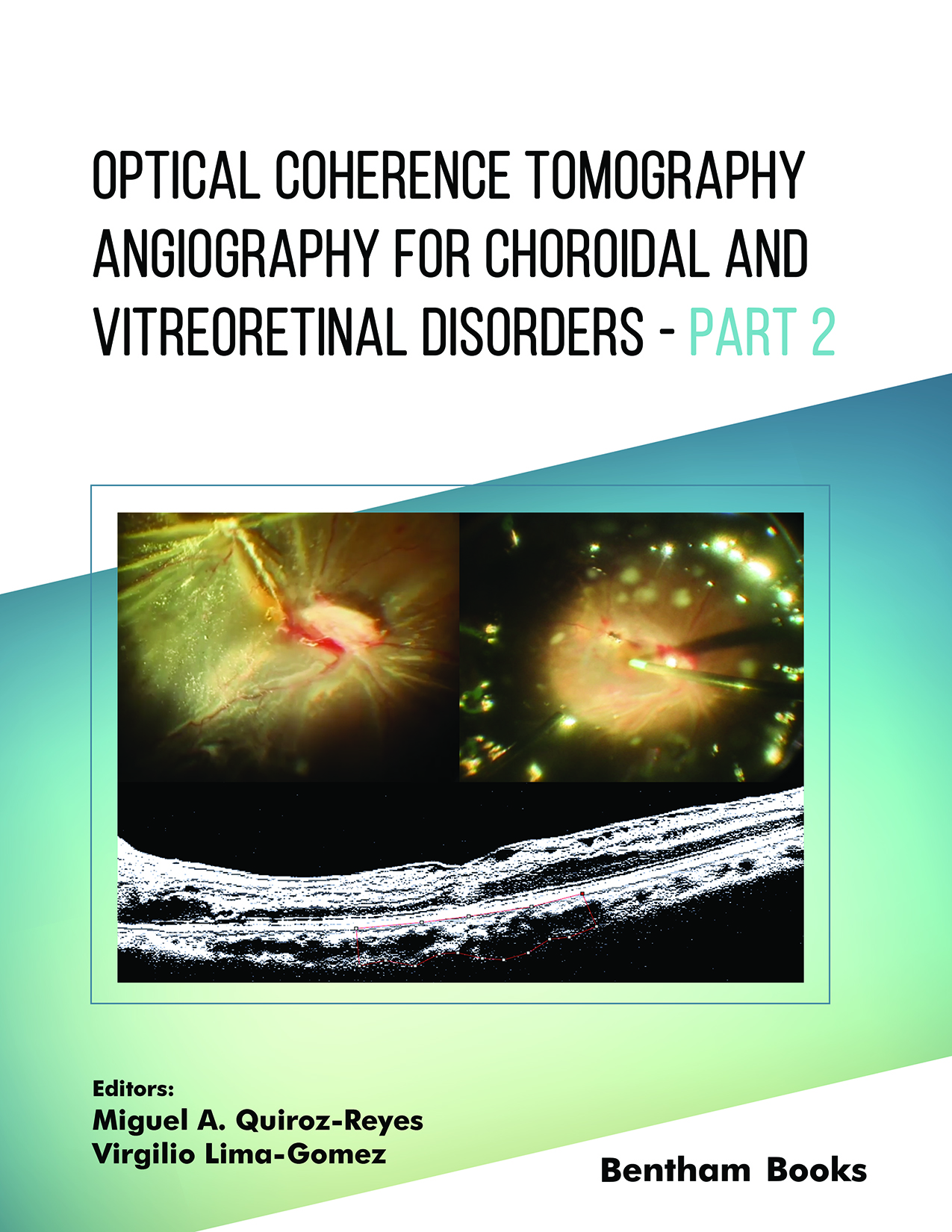Introduction
For Part 2
This handbook covers Optical Coherence Tomography Angiography (OCT-A) with a specific focus on choroidal and vitreoretinal disorders. It serves as an invaluable resource for teaching and aiding daily clinical decision-making in the field. Book chapters dissect the fundamentals of angiography through OCT, offering guidance on OCT-A and insights into macular perfusional findings across various vitreoretinal and choroidal pathologies. From diabetic retinopathy to autoimmune diseases and neovascularization, the book addresses prevalent vascular entities encountered in routine practice. Furthermore, it explores innovative approaches, including antivascular endothelial growth factor molecules and extended-release delivery devices, contributing significantly to the diagnostic and decision-making processes in clinical and surgical retina care. Each chapter is contributed by experts in the relevant subspecialty.
Key Features:
- - Practical, patient-centered guide emphasizing a clinical approach.
- - Demonstrative clinical cases for enhanced understanding.
- - Evaluation of perfusional indices using noninvasive and noncontact imaging techniques.
- - High histopathological correlation of structural tissue characterization with microvascular evaluation.
- - Exploration of new perfusion concepts and their role in disease pathogenesis.
Part 2 covers advanced topics in OCT-A for choroidal and vitreoretinal disorders. Chapters explore macular perfusional repercussions in obstructive venous vascular phenomena, OCT-A findings in retinal infarction, and the role of macular perfusion in myopic macular traction maculopathy. Further discussions include postoperative perfusional findings in vitreoretinopathy, distinctions in choroidal vasculopathies, and the application of OCT-A in managing pathological choroidal neovascularization. The part concludes with a review of postoperative membrane formation, the usefulness of OCT-A in neurodegenerative diseases, and the evaluation of arterial occlusions and choroidal neovascularization management.
Readership
Ophthalmology students, residents and clinicians, who want to learn about on choroid and vitreoretinal diseases and complex cases.

